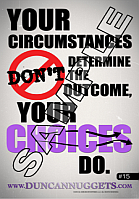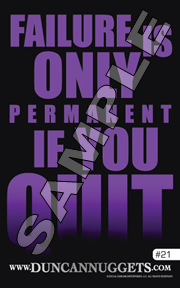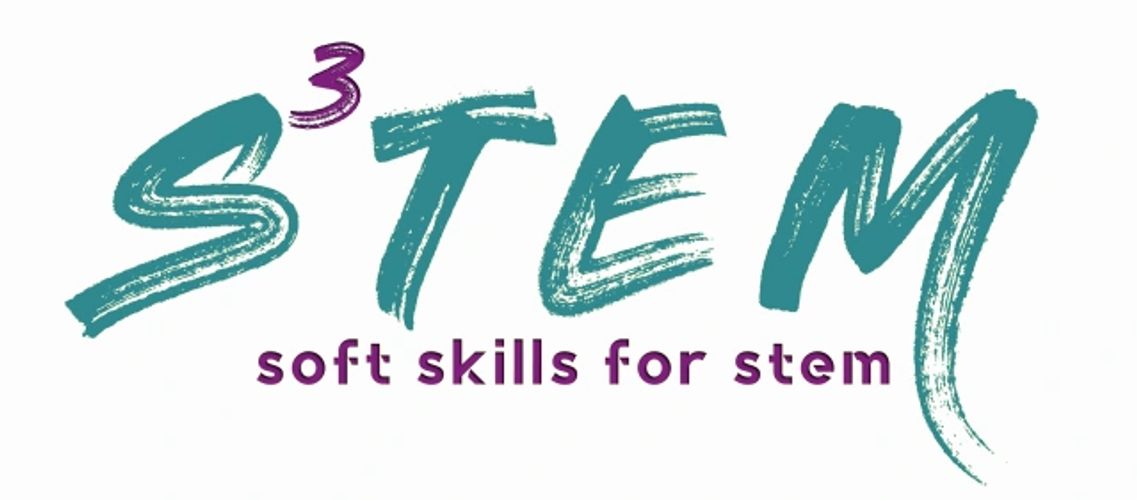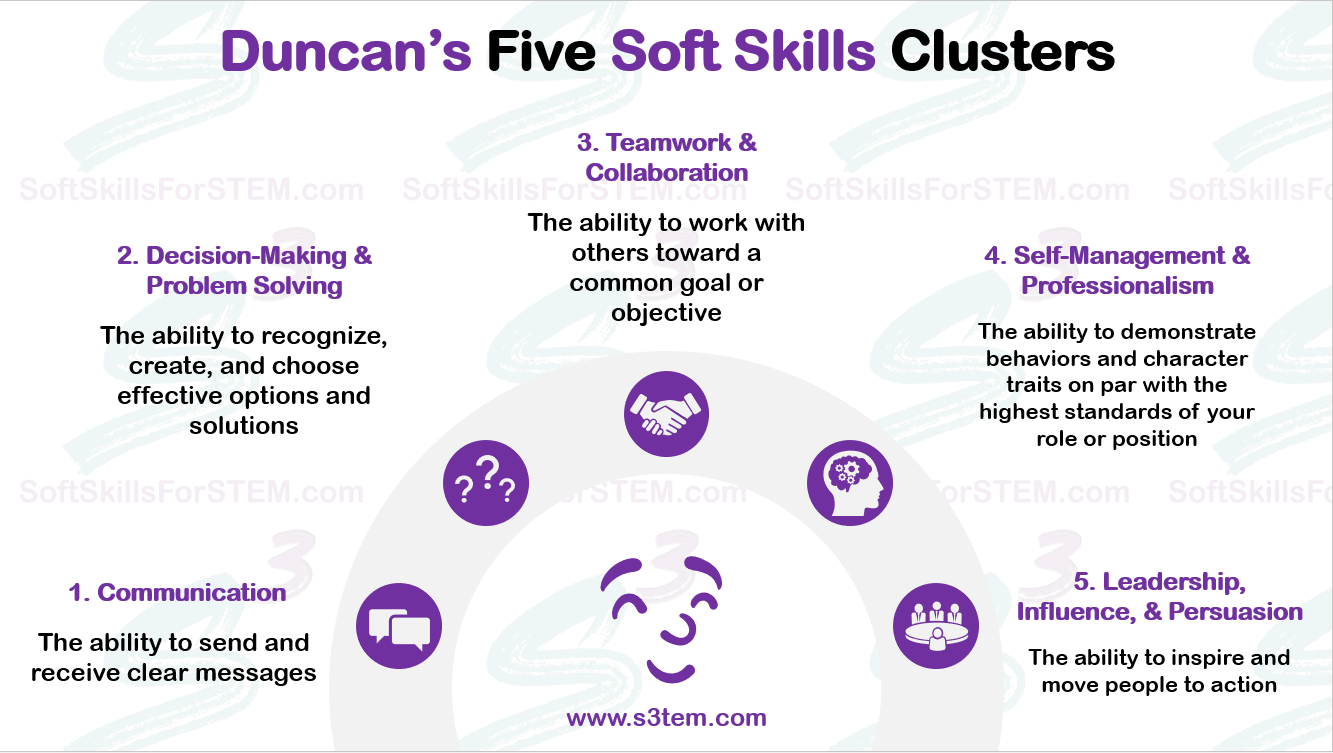The “I” In Team: 4 Philosophies Of An Awesome Team Player
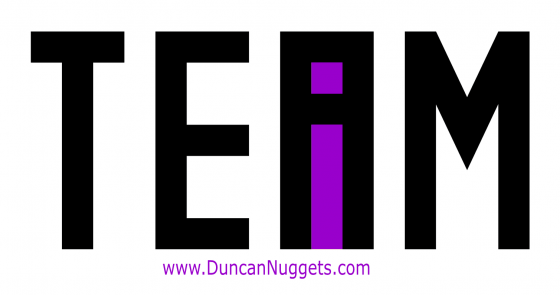
“Just win the game!!!”
Although he was in extraordinary pain, that was Kevin Ware’s message to his teammates. There was 6:33 left in the first half of a 2013 NCAA Men’s Basketball Tournament Elite Eight game. Kevin and his fellow Louisville Cardinals were up against the Duke Blue Devils. A coveted spot in the Final Four was on the line.
Kevin, a 6’2 guard in his sophomore year, jumped up to contest a shot. When he landed, there was a crack and then screams. Some of his teammates nearly fainted, fans looked on in horror, and TV announcers had to gather themselves. I was watching the game in real time and I felt horrible.
Kevin had just suffered one of the worst injuries in sports history. He had broken the tibia in his right leg. As he lay on his back with his right leg in the air, you could see the bone starting to stick out of his leg. The footage was so gruesome that it was cut out of the instant replays.
They rushed Kevin to Methodist hospital, where the bone was reset, a rod was inserted in the tibia and the wound from the break was closed during a two-hour procedure.
Although they missed his play on the court, his courage and selflessness served as inspiration to his team. His cry of , “Just win the game!!!” not only inspired his teammates, it has inspired millions of people.
When Kevin left the game, Louisville was winning 21-20. They went on to win that game 85-63. Next they won their Final Four game and then the national championship game.
Kevin Ware is a stellar example of an awesome team player. We can learn a lot from his story.
Duncan Nugget® #306:
You can shine as an individual, but you win as a team.
According to research done by the National Association of Colleges and Employers, year after year, Teamwork and Collaboration are consistently ranked in the top 5 skills employers want in job candidates.
Being an awesome team player could be a big part of your competitive advantage.
Teamwork and collaboration are the actions of individuals working together in order to achieve a desired outcome. Exceptional teams and collaborations work best when team culture helps each member to embody core values and to understand the boundaries for behavior. Team culture should allow for sharing and conflict—the challenging of the feasibility of ideas.
To make all of this happen, you need awesome team players—team players that have the following philosophies about teamwork. I call them The Four “I’s” in Team.
1. “When the team wins, I win.”
Let’s look back at the story of Kevin Ware. Although he was in terrible pain and uncertainty, he still mustered up the courage to try to ease the minds of his teammates. Kevin was an awesome team player because he had a “when the team wins, I win” philosophy.
If you want be an awesome team player you’ve got to stay focused on the game—the goals and desired outcomes of the team. When the team wins, you win.
By the way, if you are worried about this philosophy taking away your individuality, then you might want to read The Benefits Of Individuality where I answer a question about whether or not it’s a good idea to assert your individuality.
2. “I got your six.”
What does that mean?
Imagine that you are standing in the center of a giant clock face. In front of you is 12:00—your “twelve.” Behind you is your “six”, a blind spot that could lead to your doom. On a battlefield, your “six” is your most vulnerable position.
When someone says, “I got your 6,” it means he or she is watching your back. In return, that person expects you to have his “six” as well. Awesome team players are able to prove to their teammates that, “I got your six.”
In life, your “six” represents skills and abilities you don’t have that your teammates do have. Your “six” represents issues you are unaware of and potential problems that you can’t see.
The reason that it’s so important that you and your teammates adopt an “I got your six” philosophy is simple. Typically, you can see other people’s mistakes and shortcomings before you can see your own. As an awesome team player, it’s your duty to find a way to help. Maybe it’s advice or maybe it’s lending a hand, either way, you’re ready to do whatever the team needs you to do to help win the game.
To really have a person’s six you have to:
— Stay focused on team goals.
— Clearly understand the mission.
— Thoroughly know your teammates.
— Value others and their contributions.
— Earn the trust your teammates.
A final, point about this philosophy. It doesn’t mean that you are responsible for someone else’s job. If one of your teammates is slacking on his/her responsibilities then you or the team leader needs to address it. Which, brings us to the next philosophy.
3. “I refuse to let it fester.”
When they were growing up, my dad, my uncles, and my aunts came up with a hiding spot for food they didn’t like. There was a drawer in my grandmother’s kitchen that wasn’t being used so, when they didn’t want their vegetables or anything else they dumped them in the drawer. Apparently, they didn’t have trash bags back then. Ha!
Obviously, this was a stupid idea. Soon, the food began to fester and the kitchen was filled with a rotten smell. My grandmother turned into somebody from CSI and got to the bottom of things. She found the drawer. Not good. Apparently, they did have belts back then. Can you say “spanking”?
Whether it’s vegetables you hate to eat or a problem that you need to address, it’s a horrible idea to dump it in a drawer and let it fester.
On great teams, there will be positive and negative conflicts. As an awesome team player, you work hard on your conflict management skills. You strive to keep the conflict centered on ideas and issues, not individuals.
If there is a mis-communication or if you are unsure about any aspect of the game plan, you ask clarifying questions. You refuse to let issues fester. There won’t be any rotten smell coming out of the drawer because of you.
4. “No matter what, I get stuff done. “
As an awesome team player you get the job done. Period. Although you know that your teammates have your six, you don’t use that as an excuse. You take care of business.
You might make mistakes, but you don’t make the same mistakes twice. You do everything within your power to finish the game. You might get injured, get sick,or have personal problems to deal with, but you have the grit and self-discipline to complete the mission.
For all of that to be true, you have to:
— Be adaptable.
— Get better.
— Know your role and duties.
— Know your strengths.
You do those things through personal development and deliberate practice. The better you are, the better the team is.
Remember, awesome team players are in high demand in the 21st Century workplace. So, if you embody the 4 philosophies you just read about there is a great opportunity to build a strong competitive advantage.
Million-Dollar Question:
What makes you an awesome team player?
___________________
DISCUSSION QUESTIONS
1. In your own words, write down a description of an awesome team player. What parts of what you just wrote describe you? How do you know this describes you? Give an example or tell a short story that proves you fit the description.
2. How does the description you wrote relate to the 4 philosophies you learned about in the article?
3. Which of the philosophies of an awesome team player best describes you?
4. Do you agree with the 4 philosophies? Why or why not? Can you think of another philosophy that would be a great addition to the list? If you can think of another one, what makes this philosophy so important?
5. If you were mentoring someone who needed to improve his or her teamwork, what would you say to this person? What would you teach him or her? Why do you think these things would be effective? How do you use your advice? What daily action steps are you taking to improve your teamwork?


